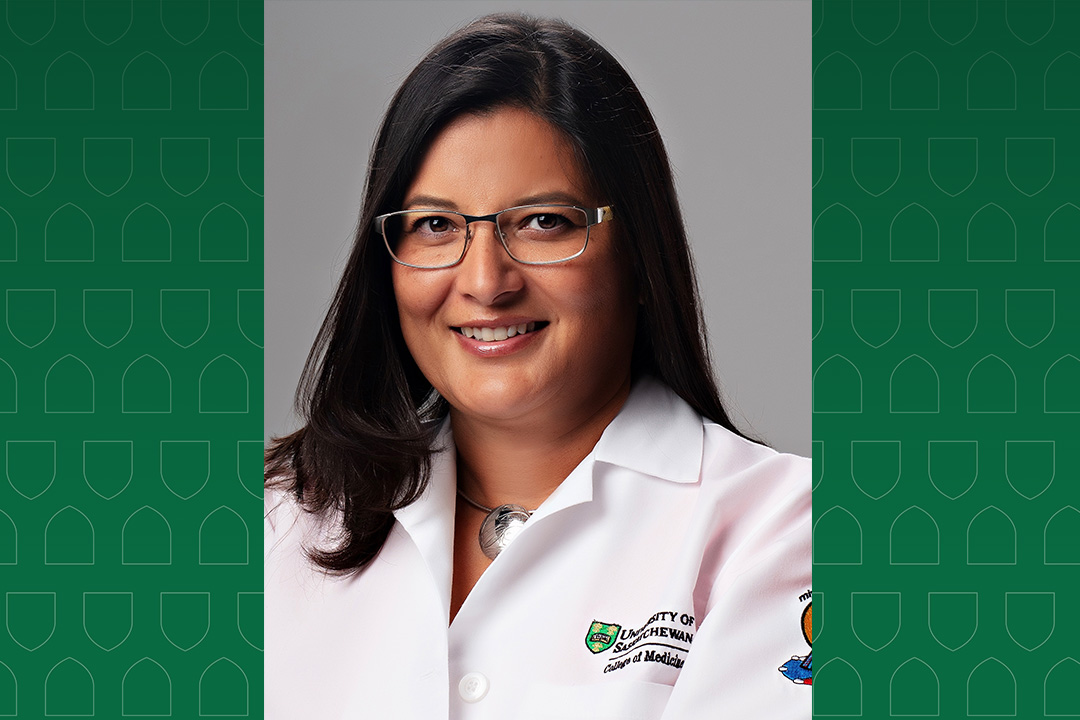
Interim Vice-Dean Indigenous Health ‘optimistic’ in developing new division
Building a new division in the University of Saskatchewan (USask) College of Medicine will be challenging, but it’s an aspect of the new role Dr. Janet Tootoosis (MD’99) is anticipating.
By Kristen McEwen“I enjoy challenge,” she said. “I feel optimistic at the opportunities that this division will bring, and that is going to motivate the work.”
Tootoosis started as interim vice-dean Indigenous Health at the College of Medicine on June 1.
She has ties with the college, graduating from the medical doctor program in 1999, and completing the family medicine residency program two years later.
After graduating, Tootoosis has taken on many roles in leadership and administration at the College of Medicine since becoming a faculty member in 2003, including clinical professor and a residency program site director in North Battleford.
She also has experience in governance, having been a founding member of the Saskatchewan Health Authority board of directors.
Tootoosis is currently a family physician working in North Battleford, which is located approximately 50 kilometres from her home community of Poundmaker First Nation.
In addition to being a spouse and a mother to two boys, Tootoosis has a large family and appreciates that they keep her focused as she takes on the new challenge.
“Shout out to my large extended family,” she said. “That’s my backbone, my motivation. That’s where my passion comes from.”
Part of the College of Medicine’s vision and mission is to effectively serve and improve the health and well-being of the people of Saskatchewan, including Indigenous peoples. Indigenous peoples make up at least 16 per cent of the population in the province, according to Statistics Canada.
“The individuals that the College of Medicine teaches, they require training to be effective physicians. I think a Division of Indigenous Health will benefit the college from an educational perspective and help to develop curriculum around Indigenous health.”
The creation of the new division is also another step the college is taking towards responding to the Calls to Action in the Truth and Reconciliation Commission of Canada (TRC) Report.
When it comes to building the new Division of Indigenous Health, Tootoosis anticipates there will be hopes and expectations of change to systemic issues that comes along with a division focusing on Indigenous health.
While the creation of the division is in early stages, she noted that seeing changes won’t be immediate. She describes developing the division as “construction work.”
“My role is to ensure there’s an established foundation, effective operations, and leadership,” she said. “And to do the necessary groundwork to ensure the division becomes a reality.”
Tootoosis said the Division of Indigenous Health will serve as a space for experts, researchers, clinicians and educators to come together and facilitate the work that needs to be done.
“Things need to change,” she added. “And if I can play a small part in that, I’m willing to step up.”
